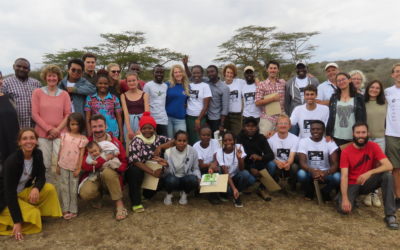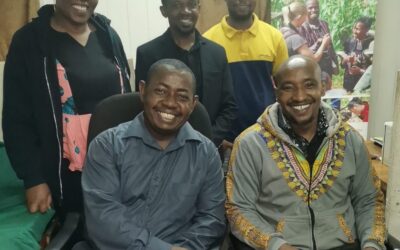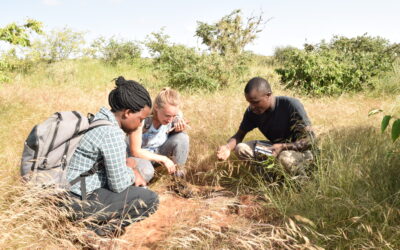On the banks of the Kinabatangan River in Sabah, Malaysian Borneo, a Community Eco-tourism Cooperative is hosting a TBA training course this week to show conservation managers from across Malaysia how they can evaluate the benefits that nature gives to people.
The 17 participants are all working in different contexts, from eco-tourism to water conservation and management, but they share a common interest: how measuring ecosystem services can enhance the impact of their work.
There is growing recognition that the ecosystem services approach is useful for conservation, and Malaysia is no exception. The TBA course will introduce conservationists working for NGOs and university departments to the assessment toolkit known as TESSA, which is used to evaluate eight different ecosystem services.
TBA Director, Dr Rosie Trevelyan, who will lead the training, says that “TESSA – and the training TBA provides – is a practical way to equip managers with the knowledge they need to make better decisions about their natural resources at grass-roots level.”
“These skills can really make a difference,” says Dr Trevelyan.
“It is not always necessary to put a price tag on nature, but when you are able to assess the benefits that communities get, people are more likely to manage their resources sustainably.”
Managers who know how to evaluate ecosystem services are also better equipped to counter threats to their sites: “TESSA helps you to identify threats to the ecosystem services that a site provides. It shows how people are benefitting at the moment, and helps to incorporate these into conservation planning for the future,” says Dr Trevelyan.
The course, which runs from 12-16 November 2018, is being run by TBA in collaboration with the South East Asia Rainforest Research Partnership with an additional teacher from Birdlife International. TBA and Birdlife International are two of the partner organisations which developed the TESSA toolkit. The course is funded by Yayasan Hasanah and will be hosted by KOPEL Ltd, which is working with indigenous communities to promote ecologically sustainable development.



